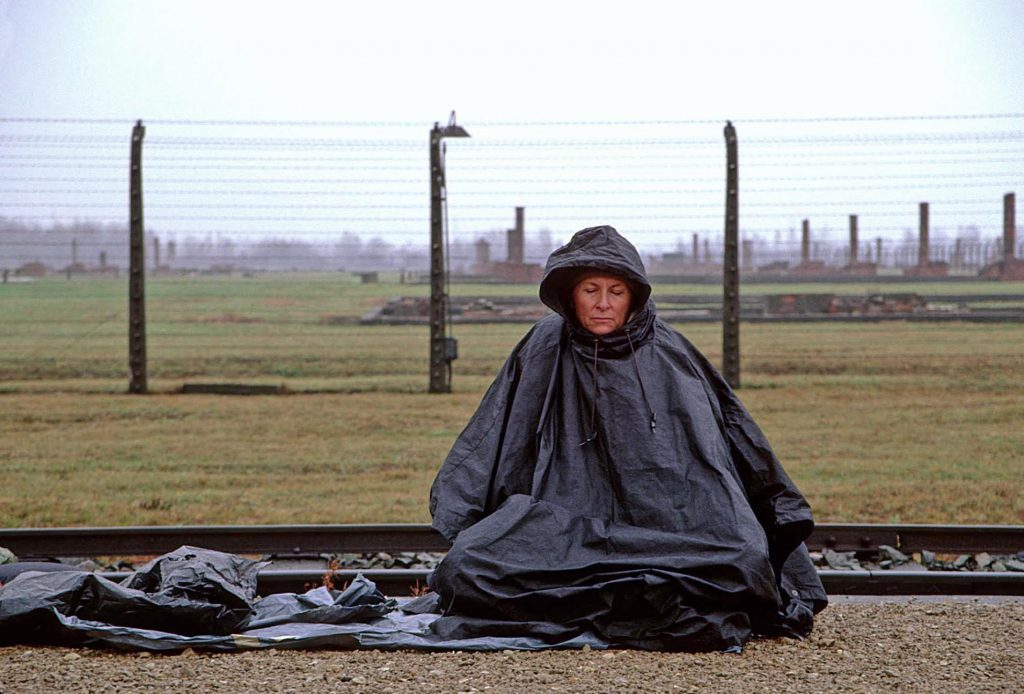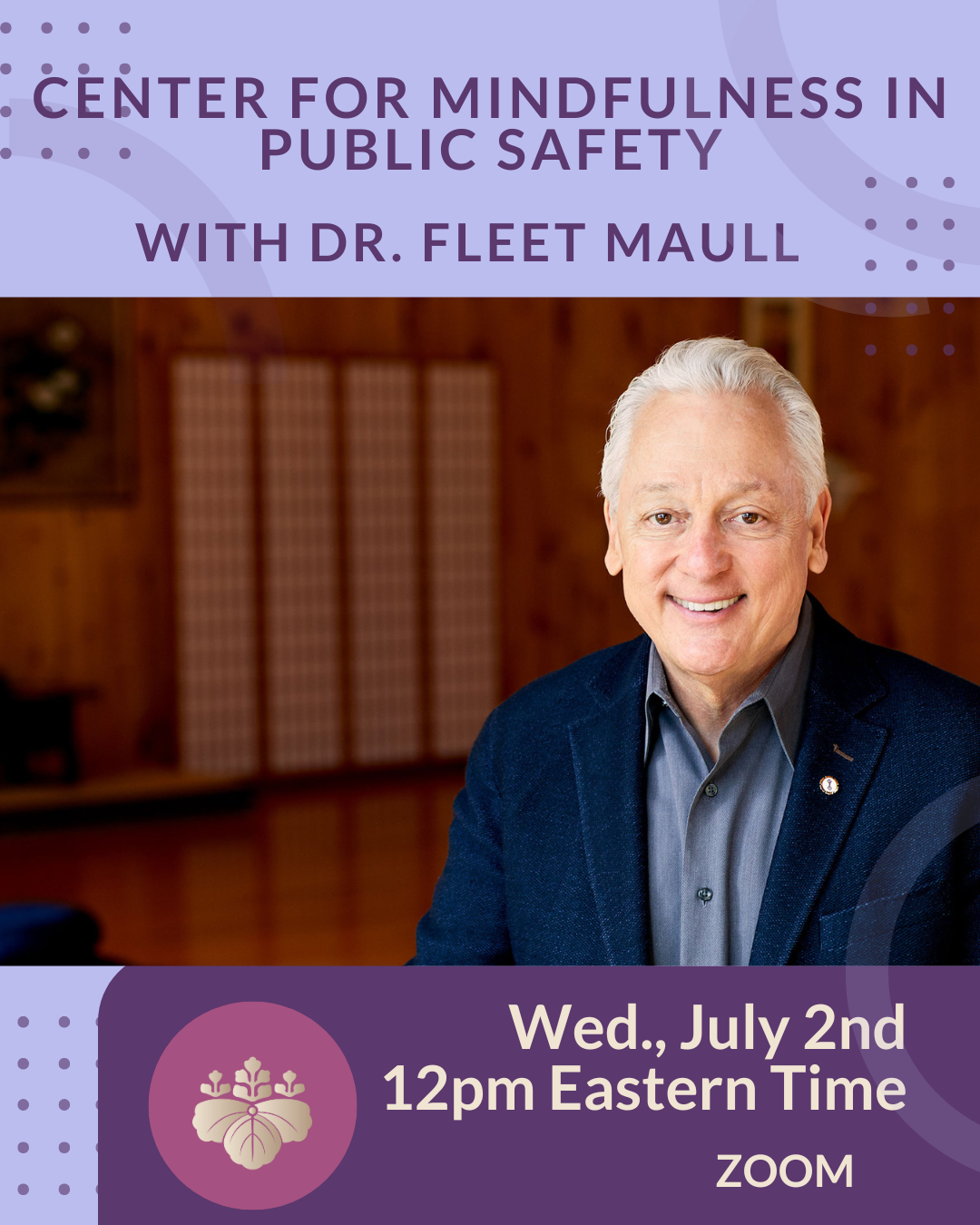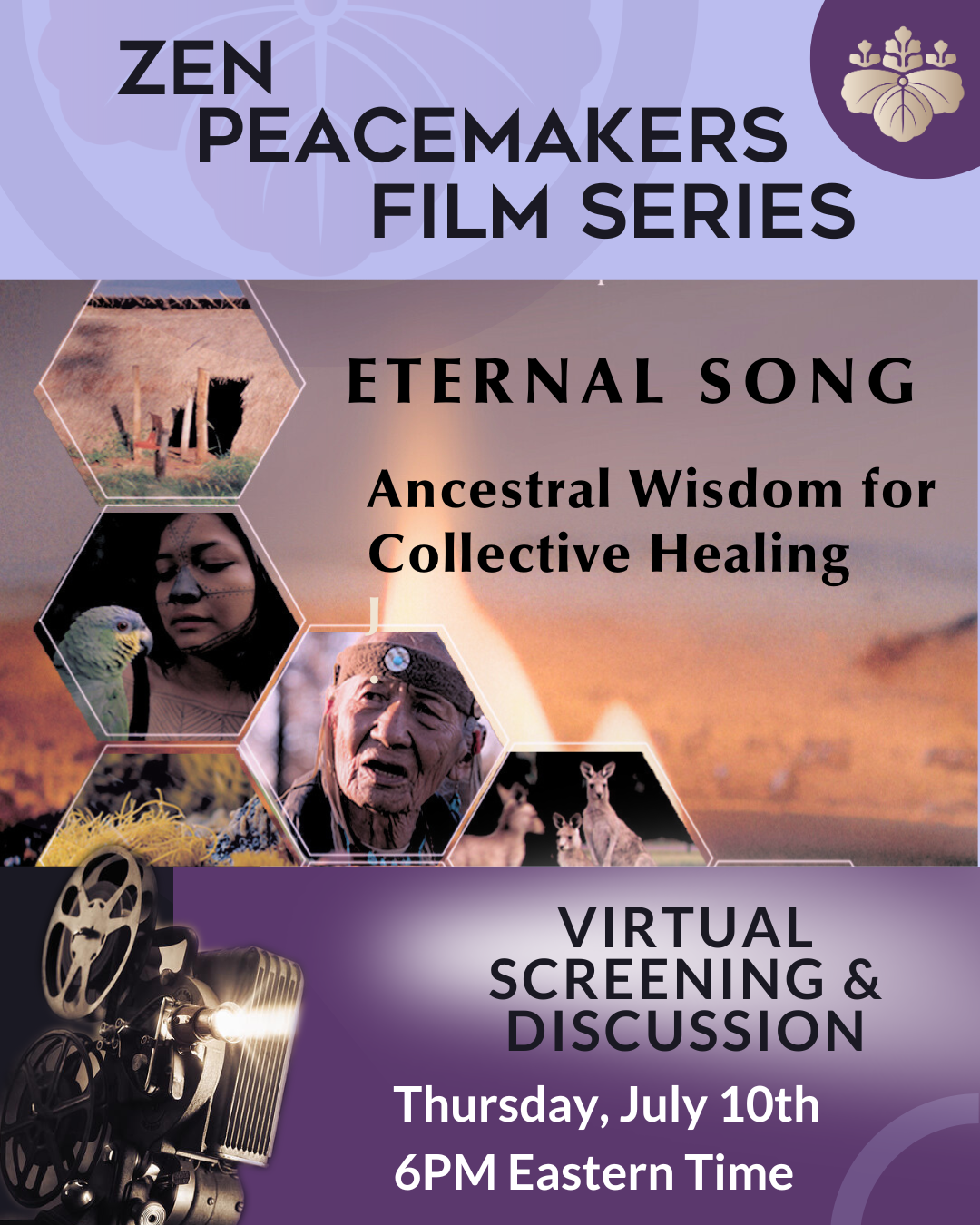This post is another in the series “Flowers on the Edges of Graves” –
reflections from 20 years of participants in the Zen Peacemakers
Auschwitz/Birkenau Bearing Witness Retreats since 1996.
By Roshi Joan Halifax, Upaya Zen Center, Santa Fe, New Mexico, USA
Photos by Peter Cunningham
The suffering that we touched during our retreat at times led us into darkness and sometimes transformed into joy and healing as we sat and practiced together and heard one another. I remember Bernie’s old buddy Peter Matthiessen asking: How could one feel joy in such a place? Bearing witness is not only about bearing witness to one’s own life but also to all of life. And it was here at Auschwitz that we bore witness to the suffering of others, to the suffering of ancestors, to our own suffering, and to the possibility of the transformation of suffering. Peter was astounded by the release he experienced at Auschwitz, and so were all of us.
One of the ways that I have practiced bearing witness has been in the experience of Council, a practice where people sit in circle with each other and speak clearly and listen deeply. Council at Auschwitz was a way for us to communicate about the deepest issues of our lives, including suffering, death, and grief as well as meaning, healing and joy. Council was indeed one of the deepest ways that we taught each other during the retreat.
Council is found in many cultures and traditions over the world. There is reference to it in Homer’s Iliad. One finds it in the tribal world of earth cherishing peoples. And, of course, it is a key strategy of communion and communication in the tradition of the Quakers, who so influenced the Civil Rights Movement of the 1960’s. In the 1970’s, I and others brought what we had learned in the Civil Rights Movement and anti-war movement to our lives as teachers and people who were involved with social action and spiritual practice. Council, or the Circle of Truth, or whatever we called it then became a way for us to incorporate democratic and spiritual values into our collective and individual lives. In the mid-90’s, I introduced the Council process to Bernie and Jishu Holmes. It fit so well with their work as peacemakers, and they brought it to many places, including Poland. For Bernie and Jishu, Council seemed to be a practice that was naturally based in the Three Tenets of Not-Knowing, Bearing Witness, and Healing. And it was to contribute to a more profound relationship with our time at Auschwitz.
At Auschwitz, the practice of Council did not necessarily lead us into seeing things the same way. It was not a consensus process at all. Rather, it was a way for people to recognize that each individual in the circle had his or her own experience, take on things, his or her own wisdom. When differing views and experiences were expressed in Council, the depth of field seemed to be much greater. Here we began to discover the importance and richness of differences. The practice of Council allowed people to develop appreciation for differences and to respect the differences of perspective that were held by Germans and Jews, by men and women, by old and young, by rich and poor, by the joyful and the terrified among us. We saw clearly that it was the intolerance of differences that made an Auschwitz possible.
 This is an excerpt and appears in full in the book “AschePerlen – Pearls of Ash & Awe. 20 Years of Bearing Witness in Auschwitz with Bernie Glassman & Zen Peacemakers” (2015) Edited by Kathleen Battke, Ginni Stern, and Andrzej Krajewski, in German and English. Printed copies or e-book available at: https://janando.de/steinrich/en
This is an excerpt and appears in full in the book “AschePerlen – Pearls of Ash & Awe. 20 Years of Bearing Witness in Auschwitz with Bernie Glassman & Zen Peacemakers” (2015) Edited by Kathleen Battke, Ginni Stern, and Andrzej Krajewski, in German and English. Printed copies or e-book available at: https://janando.de/steinrich/en




